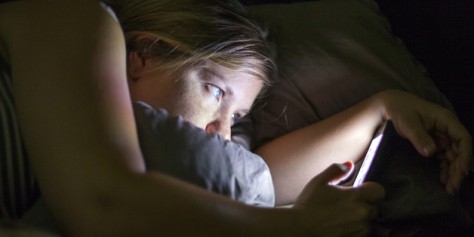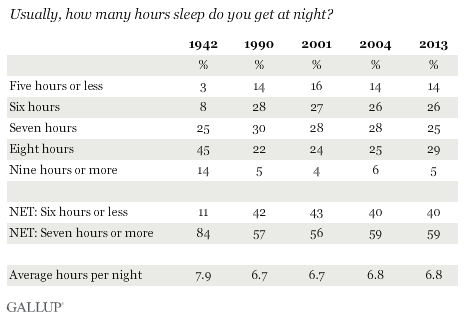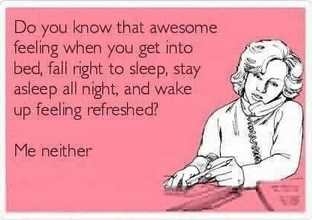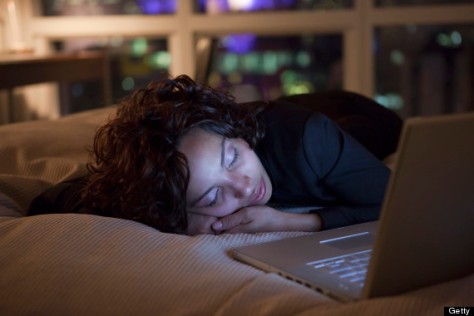
PROBLEMS SLEEPING?
Nothing is more frustrating than not being able to go to sleep, but there is hope. More and more studies are showing that proper sleep habits or “sleep hygiene” is as much or more important that medications in fixing your sleep. There are many things you can do to help without medications! The following tips can help you attain the quality sleep you need. If you are a Type-A person that can’t let go of things, those days need to end for you. Be it exercise, baths, or whatever makes you feel relaxed, it’s time to lower the stress and increase the sleep hours with good quality sleeping habits.

- Why 8 hours of sleep is important:
Most adults need 8 hours of sleep. Research has shown that the average American in 1900 got about 9.2 hours of sleep a night. The average American in 2018 gets about 6.8 hours of sleep. It is predicted that only 60% of all Americans sleep enough hours each night. With everyone eventually getting electricity, radios, television; and now smart phones and laptops; there is way too much keeping us alert at night. A good night sleep releases various hormones, can elevate your mood, keep you sharp and alert, and make you feel rested so that you can take on your day. For adolescents growth hormone is released as well.
An important thing to remember is that the longer you sleep the deeper you sleep. If you need 8 hours of sleep and you only sleep 5 or 6 hours, the 2 hours of missed sleep at the end may have contained important deep sleep to make you feel refreshed. The two types of deep sleep are Stage 3 and 4 Delta sleep, and REM sleep or Rapid Eye Movement sleep which is dreaming. In the sleep field we like to say Delta sleep restores the body, REM sleep restores the brain and emotions.

- If you don’t fall asleep within 20 minutes, get out of bed and do something boring in another room until you feel sleepy. Do not eat or drink in bed!
Sit quietly in the dark or read something very boring in another room. Don’t expose yourself to bright light while you are up. The light gives cues to your brain that it is time to wake up. If it takes you longer than 20 minutes to go to sleep, you also may be going to bed too early. Some people stay in bed for 10-12 hours a night but only sleep 6-7 hours so they should go to sleep later. As we said before, the longer you sleep, the deeper you sleep.
- Don’t take naps unless absolutely necessary
This will ensure you are tired at bedtime. If you just can’t make it through the day without a nap, make sure it is less than one hour, and before 3 pm, or your sleep at night may be affected. Even a short nap though can decrease your sleep at night. Each person is different. If you just can’t get enough sleep, power naps are used often to help you, so if you don’t have insomnia, taking a short nap is a great idea so restoring you somewhat. When you take a power nap, the brain will often go into REM sleep quickly which helps to restore you. I use them often.

- Get up and go to bed near an hour the same time every day and night respectively
Even on weekends! For instance if you sleep from 11 pm to 7 am every night, try to do that on the weekends too. When your sleep cycle has a regular rhythm, you will feel and sleep better. Staggering your sleep times will make sleeping consistently difficult and sleep deprivation will usually occur. You will then often feel fatigued and tired.
- Refrain from exercise at least 2-3 hours before bedtime
Regular exercise is recommended to help you sleep well, but the timing of the workout is important. Exercising in the morning or early afternoon will not interfere with sleep.

- Develop sleep rituals
It is important to give your body cues that it is time to slow down and sleep. Listen to relaxing music, read something soothing for 15 minutes, have a cup of caffeine-free tea, or do light relaxation exercises or stretching. Do whatever works for you. (Make sure to do this outside the bedroom).
- STAY OFF OF THE INTERNET WHEN YOU SHOULD BE SLEEPING!!
This is self-explanatory. If you have insomnia then obviously do not text, or talk on the phone in bed. If you do, you then train your brain that when you are in bed it’s now time to be alert and on the phone. Don’t use your laptop to do work in bed. Do not sleep with your cell phone next to you. Instead put it away from you so that you can’t get to it. I charge it on my nightstand where I can’t reach it. Every tiny text or notification is not going to change your life. Getting a good night sleep will. I have very few notifications on my cell. I don’t need them for social media or basic apps.
- Only use your bed for 2 things; no TV, eating or reading:
Refrain from using your bed to watch TV, eat/drink, pay bills, do work, or read. This is so that when you go to bed your body knows it is time to sleep. Sex and sleep are obviously the only exception.
- Stay away from caffeine, nicotine and alcohol at least 3-4 hours before bed
Caffeine and nicotine are stimulants that interfere with your ability to fall asleep. Coffee, tea, cola, and some prescription and non-prescription drugs can contain caffeine. Alcohol may seem to help you sleep in the beginning as it slows brain activity, but you will end up having fragmented sleep. If you snore or have apnea, alcohol will make it worse. Do not take OTC cold remedies (that I can’t name) to make you sleep. They have a rebound effect that will make you sleepy the next day, and also if you do sleep, it may decrease the amounts of Delta and REM sleep.

- If needed, Have a light snack before bed
If you eat early and your stomach is too empty, that can interfere with sleep so a light snack may help you. However, if you eat a heavy meal before bedtime, that can interfere as well. Dairy products and turkey contain tryptophan, which may act as a natural sleep inducer. Tryptophan is probably why a warm glass of milk is sometimes recommended. If you have reflux problems, try to sleep on your left side, and don’t eat near bedtime.
- You can take a hot bath 90 minutes before bedtime
Some people enjoy taking a hot bath near bedtime. This will raise your body temperature, but it is the drop in body temperature afterwards that help some people sleep.
- Make sure your bed and bedroom are quiet, cool, and comfortable
SUPER important. A very warm room may feel comfortable, but it will make sleeping difficult because it will increase your body temperature. That’s why during hot days in the summer, it’s part of the reason why it’s so hard to sleep. A cooler room along with enough blankets to stay warm is recommended because it will increase your bodies melatonin production and bring you to a state of sleepiness. If light in the early morning wakes you up, get a blackout shade or wear a slumber mask. If noise bothers you, wear earplugs or get a white noise machine.
- Use sunlight to set your biological clock
Soon after you get up in the morning, make sure that you create a lighted environment. The sunlight and activity can increase seratonin levels which will elevate your mood and also make you more alert. This will tell your brain that it’s time to get up. (i.e. open the curtains, electric lights, sunlight by going outside, etc…) If you travel a lot, it’s imperative that you stay out in the sun during the day as much as possible. This will increase seratonin production and greatly help your jet lag and listless feeling that many business travelers experience.

In ending, to sleep well you will need to create a cool environment, and have consistent quality sleeping habits. We all have different personalities; and some are more anxious or “Type-A” than others; but don’t make sleep such a stressful event that it makes sleeping even more difficult. People that sleep well don’t think much about it because their quality sleep habits have become second nature to them. If you’re a worrier and think about things over and over in bed, then take these suggestions to heart to improve your sleep. Some people have had difficulty sleeping and poor sleep habits for years, so this may take time. You are the key to getting a good night’s sleep and creating proper sleep hygiene. REMEMBER, EVERYONE IS DIFFERENT SO DO WHAT WORKS FOR YOU AND YOUR SLEEP WILL IMPROVE SOONER THAN YOU THINK! Be positive and consistent with these changes and you too can sleep well without much worry.

